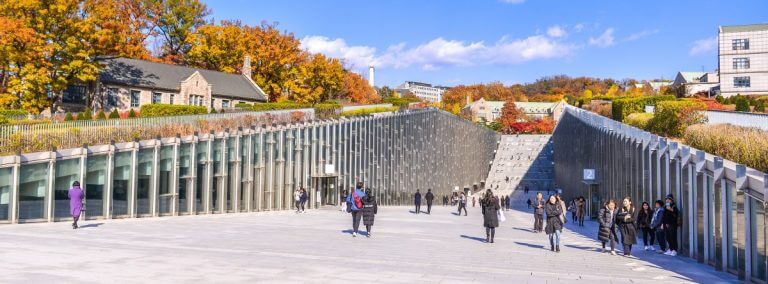
Reforms are needed to fix the weaknesses in South Korea’s education system, which are hobbling the country’s competitiveness and hamper the country in future.
The country’s sophistication in the “high tech scene” is not matched in its talent pool and human capital arena except at the high end, according to Paul Evans, professor emeritus at INSEAD, one of the world’s leading business schools.
“Korea’s excessively regimented schools are more suited to factory standardization of the 20th century rather than learning the needs of the 21st century,” he said, as quoted by Korea Times.
“The Korean economy remains quite closed on the talent front.”
The 2018 Global Talent Competitiveness Index (GTCI) report released Monday placed South Korea at 30th place, behind other high-income countries in Asia such as Singapore, Australia, New Zealand, Japan and Malaysia.
https://twitter.com/INSEAD/status/955477086248062976
The quality of Korea’s formal education system also dropped from 21st to 25th place in this year’s index.
Published annually, the index analyses 119 nations’ competitiveness based on how they grow, attract and retain talent.
A major feature shared by the top ten countries on the index is “a well-developed educational system providing the social and collaboration skills needed for employability in today’s labour market”.
Talent in, talent out?
South Korea tops the OECD’s PISA (Program for International Student Assessment) scores for math, literacy and individual problem-solving. However, Evans said the country fails when it comes to collaborating with others who are different from themselves in problem-solving.
“To capitalize on the diversity which we know is key to innovation, collaborative problem-solving is vital for the future in a world that must become more inclusive,” he said.
An education system that isn’t diverse and inclusive isn’t helping the country attract talent both overseas and locally. Evans urged South Korean President Moon Jae-in to speed up educational reform to globalize the country’s talented young people and ensure gender equality and leadership opportunities for women.
“Its external openness has declined as reflected in decreasing brain gain attractiveness, as has its internal openness to people from less privileged backgrounds as well as women,” Evans said.

More women in leadership positions needed. Source: Shutterstock
Broad reforms are needed but despite the government’s recognition of this, they’ve come “painfully slow”. Evans suggested Singapore, which started improving its school system int he 1990s, as an example to work towards.
“In Singapore, the changes that led to its continued position as second in talent competitiveness were led by a stable government that had a long-term vision of the future, leading to engagement of the whole population in the need for deep reform.
Liked this? Then you’ll love these…
South Korean students bank on bitcoin
10 reasons why you should study in South Korea







